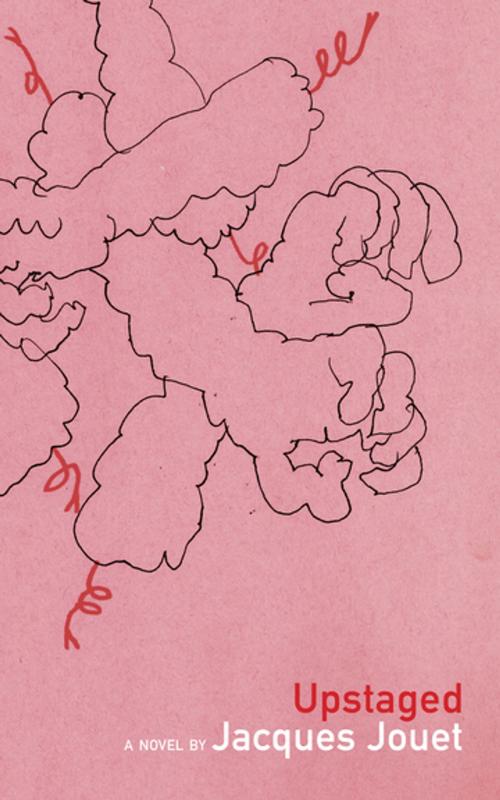| Author: | Jacques Jouet | ISBN: | 9781564786579 |
| Publisher: | Dalkey Archive Press | Publication: | June 14, 2011 |
| Imprint: | Dalkey Archive Press | Language: | English |
| Author: | Jacques Jouet |
| ISBN: | 9781564786579 |
| Publisher: | Dalkey Archive Press |
| Publication: | June 14, 2011 |
| Imprint: | Dalkey Archive Press |
| Language: | English |
Two minutes into the second act, there is a knock on Nicolas Boehlmer's dressing-room door, just as he's smoking his last cigarette before having to go back on stage . . . and, without thinking, he says, “Come in,” still in character. He quickly finds himself bound, gagged, and stripped by a man who appears to be his mirror image: costumed in the same wig, make-up, and clothes. Nicolas is powerless to prevent his usurper from going out and playing his role—with increasingly ridiculous consequences. Is this “upstaging” the act of a depraved amateur? Sabotage by a rival? A piece of guerrilla theater? A political statement? Whatever the cause, Nicolas and his fellow actors soon find their play—and their lives—making less and less sense, as the parts they play come under assault by this irrational intruder.
Two minutes into the second act, there is a knock on Nicolas Boehlmer's dressing-room door, just as he's smoking his last cigarette before having to go back on stage . . . and, without thinking, he says, “Come in,” still in character. He quickly finds himself bound, gagged, and stripped by a man who appears to be his mirror image: costumed in the same wig, make-up, and clothes. Nicolas is powerless to prevent his usurper from going out and playing his role—with increasingly ridiculous consequences. Is this “upstaging” the act of a depraved amateur? Sabotage by a rival? A piece of guerrilla theater? A political statement? Whatever the cause, Nicolas and his fellow actors soon find their play—and their lives—making less and less sense, as the parts they play come under assault by this irrational intruder.















